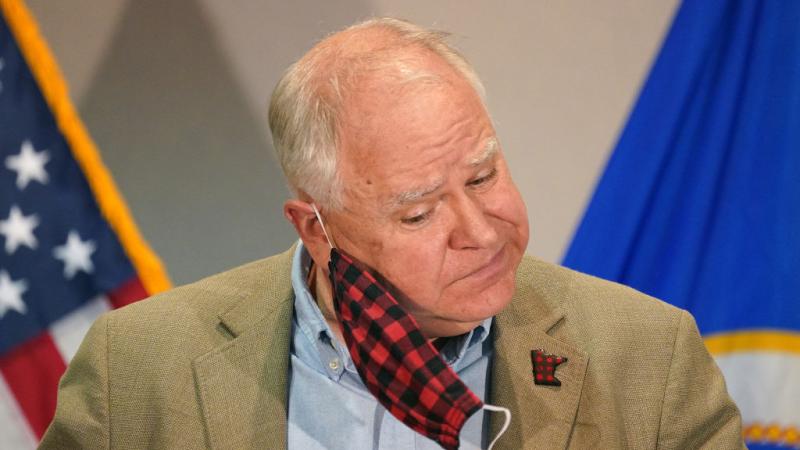State Department spent $200,000 to promote gender equity among Costa Rican police
Grant to promote diversity initiative in foreign police force comes as activist demands to "defund police" squeeze police budgets in U.S.
The Golden Horseshoe is a weekly designation from Just the News intended to highlight egregious examples of wasteful taxpayer spending by the government. The award is named for the horseshoe-shaped toilet seats for military airplanes that cost the Pentagon a whopping $640 each back in the 1980s.
This week, our award is going to the Department of State for sending hundreds of thousands of dollars to Costa Rica to empower women to join the Costa Rican National Police department.
According to the grant request, $200,000 will be spent through the State Department's Bureau of International Narcotics and Law Enforcement Affairs to the Costa Rican National Police to develop a recruitment strategy focused on gender equality. A parcel of those taxpayer dollars will go toward creating theoretical and practical modules to train the current police force on gender issues.
Some of those funds will go toward establishing Costa Rica's first-ever "institutional meeting of women leaders in gender matters," which will allow the country to create a plan of action for the "empowerment of the police forces in the promotion of gender equity and prevention of gender violence in all its forms." Ultimately, the hope is that a guidebook will be written for the National Police Academy that details the history of gender equality within Costa Rican security forces.
Costa Rican government officials are attempting to answer the question of why relatively few women are rising to leadership positions within law enforcement compared to other fields. They are simultaneously attempting to channel women into those positions before having a holistic understanding of the discrepancy.
Why the funding of this Costa Rican inquiry should be a responsibility of the American taxpayer is unclear. The State Department makes little effort to justify the funding in terms of U.S. interests beyond asserting vaguely that "it is smart to have gender-balanced groups" because, according to the document, gender-balanced groups tend toward smarter decision-making processes and results.
The grant will also help in the creation of reference material for Costa Rica's police department pertaining to a variety of gender-related matters, including: sexual harassment and abuse, domestic violence, the patriarchy, and inequality in the enforcement of rights and gender roles within the family unit.
As police departments across the United States see their funding slashed in response to activist demands to "defund the police," pro-law-enforcement U.S. taxpayers might have difficulty swallowing a federal grant to promote the diversity initiatives of foreign police forces.















